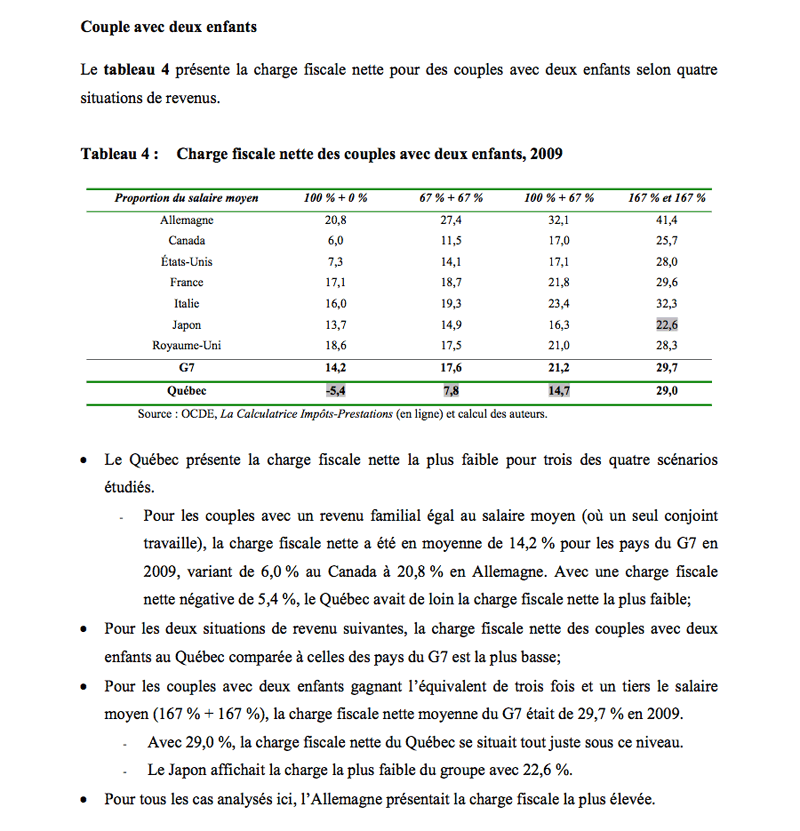[…] In the past, publishers and authors had no way of knowing what happens when a reader sits down with a book. Does the reader quit after three pages, or finish it in a single sitting? Do most readers skip over the introduction, or read it closely, underlining passages and scrawling notes in the margins? Now, e-books are providing a glimpse into the story behind the sales figures, revealing not only how many people buy particular books, but how intensely they read them.
For centuries, reading has largely been a solitary and private act, an intimate exchange between the reader and the words on the page. But the rise of digital books has prompted a profound shift in the way we read, transforming the activity into something measurable and quasi-public.
The major new players in e-book publishing—Amazon, Apple and Google—can easily track how far readers are getting in books, how long they spend reading them and which search terms they use to find books. Book apps for tablets like the iPad, Kindle Fire and Nook record how many times readers open the app and how much time they spend reading. Retailers and some publishers are beginning to sift through the data, gaining unprecedented insight into how people engage with books.
[…] Amazon, in particular, has an advantage in this field—it’s both a retailer and a publisher, which puts the company in a unique position to use the data it gathers on its customers’ reading habits. It’s no secret that Amazon and other digital book retailers track and store consumer information detailing what books are purchased and read. Kindle users sign an agreement granting the company permission to store information from the device—including the last page you’ve read, plus your bookmarks, highlights, notes and annotations—in its data servers.
Amazon can identify which passages of digital books are popular with readers, and shares some of this data publicly on its website through features such as its “most highlighted passages” list. Readers digitally “highlight” selections using a button on the Kindle; they can also opt to see the lines commonly highlighted by other readers as they read a book. Amazon aggregates these selections to see what gets underlined the most. Topping the list is the line from the “Hunger Games” trilogy. It is followed by the opening sentence of “Pride and Prejudice.”
“We think of it as the collective intelligence of all the people reading on Kindle,” says Amazon spokeswoman Kinley Pearsall.
Some privacy watchdogs argue that e-book users should be protected from having their digital reading habits recorded. “There’s a societal ideal that what you read is nobody else’s business,” says Cindy Cohn, legal director for the Electronic Frontier Foundation, a nonprofit group that advocates for consumer rights and privacy. “Right now, there’s no way for you to tell Amazon, I want to buy your books, but I don’t want you to track what I’m reading.”
Amazon declined to comment on how it analyzes and uses the Kindle data it gathers.
EFF has pressed for legislation to prevent digital book retailers from handing over information about individuals’ reading habits as evidence to law enforcement agencies without a court’s approval. Earlier this year, California instituted the “reader privacy act,” which makes it more difficult for law-enforcement groups to gain access to consumers’ digital reading records. Under the new law, agencies must get a court order before they can require digital booksellers to turn over information revealing which books their customers have browsed, purchased, read and underlined. The American Civil Liberties Union and EFF, which partnered with Google and other organizations to push for the legislation, are now seeking to enact similar laws in other states.
Bruce Schneier, a cyber-security expert and author, worries that readers may steer clear of digital books on sensitive subjects such as health, sexuality and security—including his own works—out of fear that their reading is being tracked. “There are a gazillion things that we read that we want to read in private,” Mr. Schneier says.
There are some 40 million e-readers and 65 million tablets in use in the U.S., according to analysts at Forrester Research. In the first quarter of 2012, e-books generated $282 million in sales, compared to $230 million for print, the Association of American Publishers recently found.
The Wall Street Journal, Alexandra Alter : “Your E-Book Is Reading You”.

Blah ? Touitter !